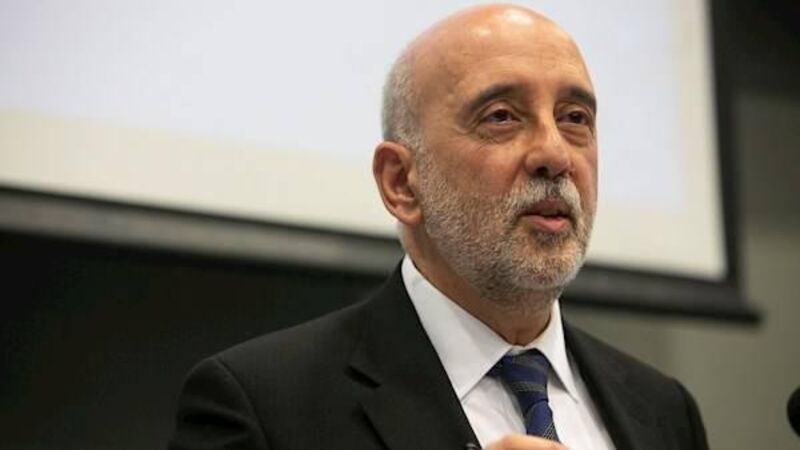Central Bank head wants 'credible' debt-cutting plan in October's budget

Central Bank governor Gabriel Makhlouf: The resilience of the State to weather future shocks will be weakened should the increases in Covid-19 spending fail to be offset by measures to bring in more tax revenues.
October's budget should include revenue raising measures for the Government to start to cut the State's debt load after the pandemic, the head of the Central Bank has warned.
In the annual pre-budget letter, governor Gabriel Makhlouf said the resilience of the State to weather future shocks will be weakened should the increases in Covid-19 spending fail to be offset by measures to bring in more tax revenues.











